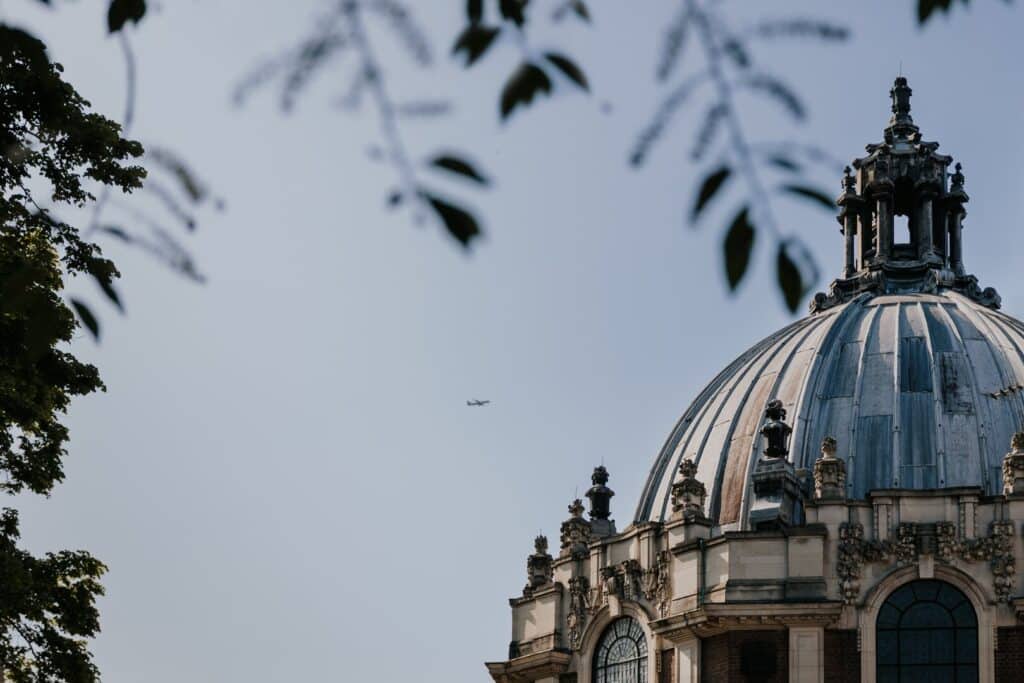Last week the History Society hosted Dr Tristram Hunt, former Shadow Education Minister and current Director of the Victoria and Albert Museum. Dr Hunt spoke to students from Eton and its partner schools about the importance of acknowledging the complicated history of objects, statues and museums.
An important question has arisen around the legality and morality of countries holding objects which were acquired through colonialism and occupation. Dr Hunt pointed out, however, that this is not a new question. In fact William Gladstone suggested just three years after a raid of the Ethiopian stronghold of Maqdala that the treasures brought to Britain should be returned to their rightful owners.
When the V&A commorated the 150th anniversary of this event, in an exhibition entitled ‘Maqdala 1868’, Dr Hunt decided that the museum should act with ‘utter transparency’ when explaining the complex past of the objects it was showing. Yet he admitted it is a ‘challenge to fit all the stories an object has to tell on a 60-word label’!
Describing a one gold casket from a private collection, Dr Hunt explored the difficulty of highlighting both the casket’s incredible craftsmanship and its chequered past. It had been purchased by a family whose wealth in part originated from the profits of slave owning, but who also experienced persecution themselves when they were targeted during the anti-Semitic movements of the 20th Century. For a public museum like the V&A, the need to explain the background of an object is paramount.
The fact that ‘empires are multicultural by nature’, with many countries sharing resources and mixing cultures, can make it very difficult to determine the true origin of an object, especially those whose iconography was reimagined as they moved across the globe.
Questions from the virtual audience raised the issue of statues, a debate where colonial leaders and their commemorative statues have come under scrutiny, as well as current governments for their handling of the issue. Dr Hunt maintains that ‘the role of the museum is to explore ideas’, vital in a climate where xenophobia and chauvinism are present.
We need to celebrate our scholarly institutions in a time of fake news and propaganda
Dr Tristram Hunt
We also discussed how governments could handle pressure to return items to their original owners. A possible solution is to help fund the construction of museums in sub-Saharan African countries, for example, enabling item loans and travelling exhibitions.
You can read more about the Maqdala Collection here
https://www.britishmuseum.org/about-us/british-museum-story/objects-news/maqdala-collection



